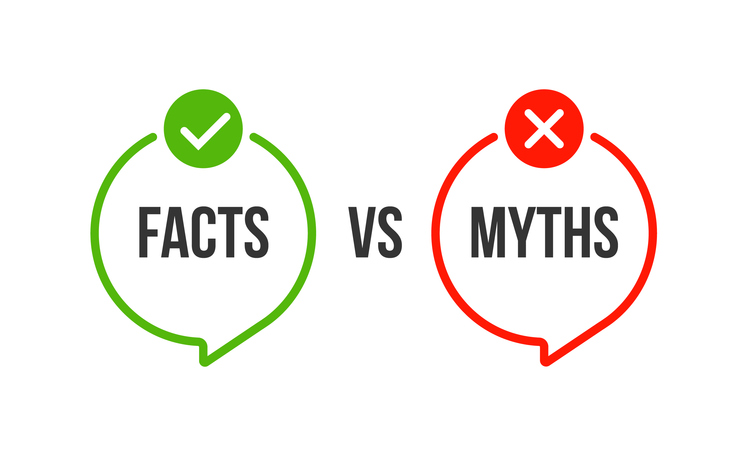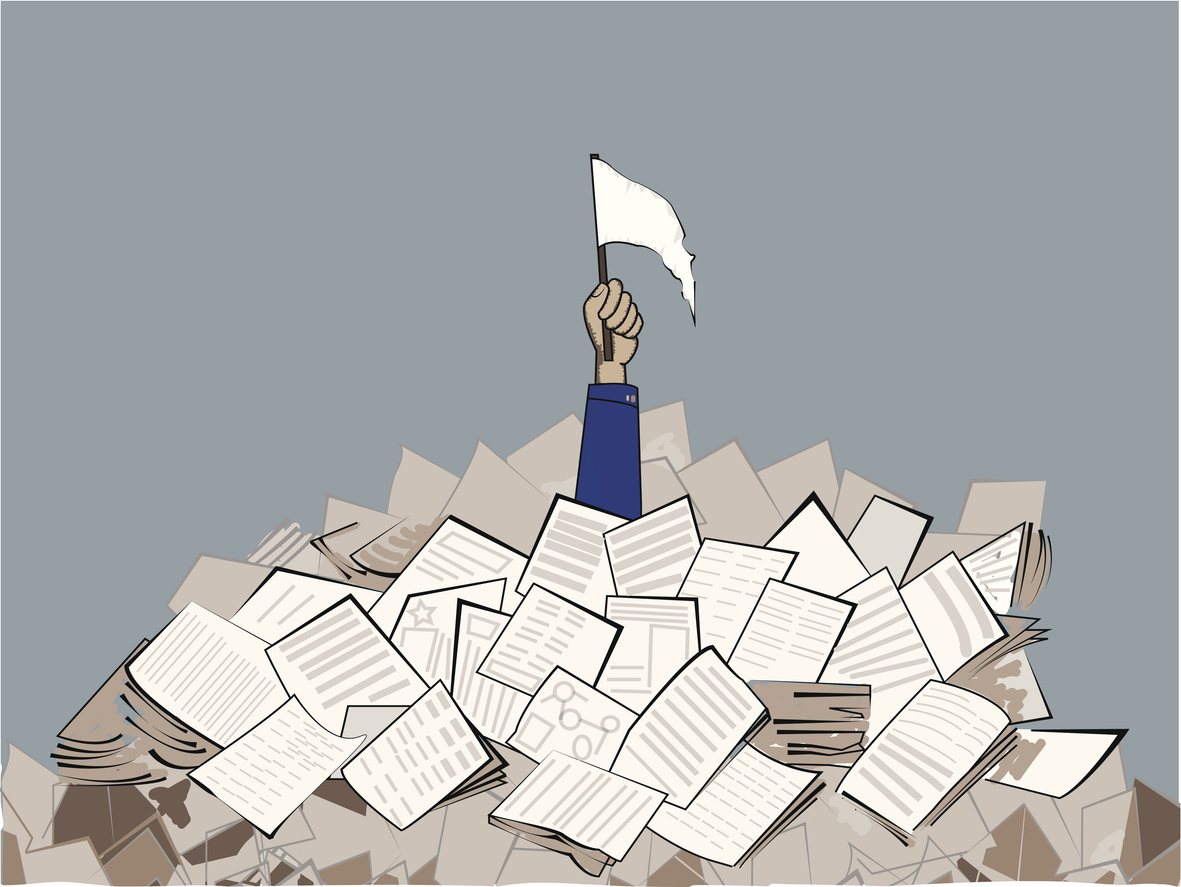A bill scheduled for a public hearing next week (HB 1727) would ban citizen ballot measures in odd years, but still allow local governments to call special elections to increase taxes. A similar bill was proposed in 2020. Former Secretary of State Kim Wyman testified against the idea of banning odd year ballot measures in 2020. Secretary Wyman noted these types of proposals would limit the people’s right of initiative and referendum and could add to voter fatigue by causing exceedingly long ballots.
Though the claim is being made that initiatives and referendums should be banned in odd years due to low voter turnout, HB 1727 would still allow local governments to hold special elections in odd years to increase tax levies.
It is difficult to reconcile why it is acceptable to allow local tax increases to appear on the ballot in odd years while denying Washingtonians their constitutional right of initiative and referendum in those same years.
A different election related bill has also been scheduled for public hearing next week (HB 1876) to require new information be placed on ballot titles for tax cut proposals. Writing about HB 1876 (and similar SB 5850) the Washington Research Council said:
“Two similar bills have been introduced that would require ‘public investment impact disclosures’ in ballot titles for initiatives and referenda that make tax changes. The bills give the impression of transparency but would not provide meaningful context for voters . . . Under both bills, although the disclosure would be placed in the ballot title, ‘after the concise description and before the question,’ the disclosure would not be subject to ballot title legal requirements or appeal.
In general, such disclosures would not be useful for voters because not only do they not provide meaningful context but in many cases they would be giving false information. There is no direct connection between a tax change in an initiative and the appropriation of state funds. Thus, it would be factually incorrect for a ballot title to state that a measure would cut education (for example)—unless the text of the initiative specifies that that would happen. In the event of a tax initiative passing, the Legislature may very well choose to balance the budget in another way.
Also, state revenues change for legislative and economic reasons. If the economy is growing, tax cuts could be made such that no services need to be cut.”
Indeed. If lawmakers want to provide additional context beyond the currently required OFM fiscal impact statements, they could also add to the ballot title for measures proposing a tax cut the latest revenue forecast and details on state budget growth.
As for proposals to ban citizen ballot measures in odd year elections, with Washington being an all vote-by-mail state with prepaid postage and same day registration, the concerns expressed regarding voter turnout are less about access and more about combating apathy. Prohibiting the right of initiative and referendum in odd years does nothing to address this problem and instead limits the opportunity for voters to participate in the governance of their state during those years.
An election reform conversation that is worth having, however, is ending special elections for tax increases and limiting those types of proposals to the November general election.
Additional Information
Time to end Washington’s stealth tax special elections






